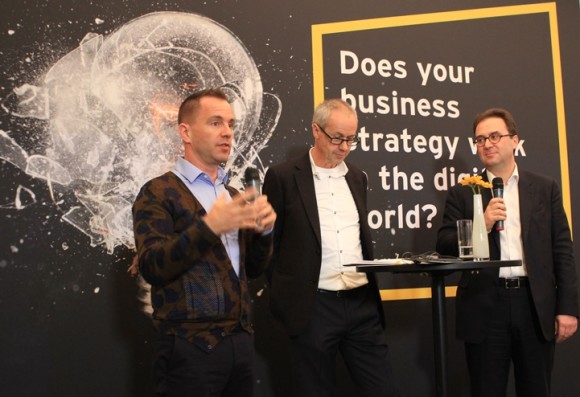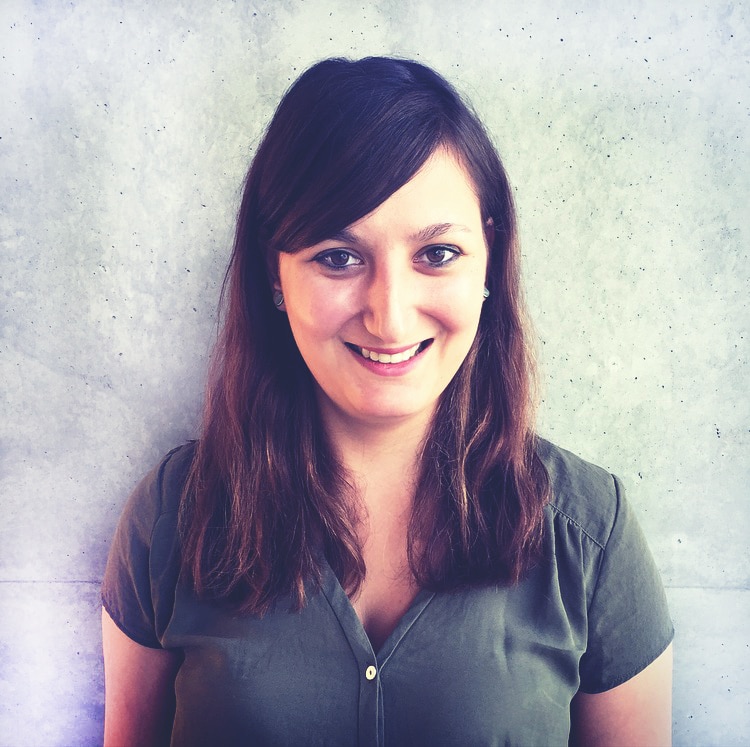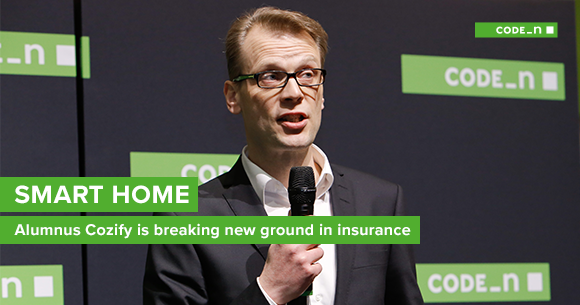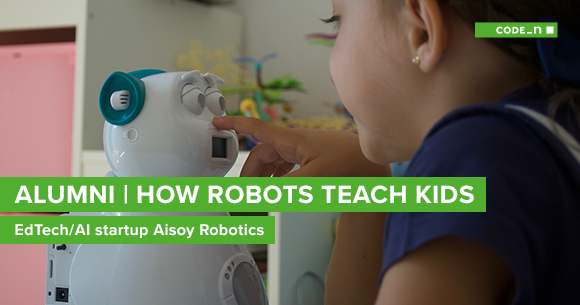Guest article | EY: Smart energy meters to provide valuable "gateway" to the home
By 2020, there will be an estimated one billion smart meters in consumers’ homes around the world, able to give live feedback on energy use. These smart meters will “talk” directly to utility companies, providing them with a gateway to a wealth of valuable data.
In a workshop on smart energy, EY’s Adlai Goldberg and Alain Bollack debated what the implications are for both industry and the consumer. “As a consumer, when you have live data on your energy consumption, you’ll be able to see how much you’re spending and change your habits or take steps such as insulating your house,” said Bollack. “Smart meters will also make it easier to switch providers.”
He said the home is the last space where there is a battle for control; once people get used to the smart meter, they will add more and more devices and want to control them remotely from their phone or tablet – generating a goldmine of data. “The question is, who gets control of that gateway – will it be utility companies, telecoms companies or entertainment and games companies?” asked Goldberg. “Will it be a large player or a new entrant to the market who comes up with a brilliant innovation?”
Smart meters are becoming widely accepted in many parts of the world. China already has 150m installed and Africa is starting to roll them out, bypassing traditional metering methods. The motivation is to collect cash from consumers because, at the moment, many individuals steal electricity by “hooking up” to power lines. “If you put prepay smart meters in place, energy companies can reassure investors that the end user is paying,” said Bollack. “This in turn helps secure investments that can be ploughed into large infrastructure projects such as building electricity generation and giving wider access to electricity.”
Smart metering creates enormous potential to transform utility businesses. Companies such as EY can help the industry design effective programs, with communications that are secure against hacking, and advise on the ever-changing and more stringent regulatory environment around privacy and data protection.
The consumer would be required to consent to data gathering – either by opting in or opting out. An incentive for them to opt in would be the lure of lower energy prices – plus the ability to understand and take responsibility for their energy consumption.
For more information please also visit the EY CODE_n insights page.







Comments